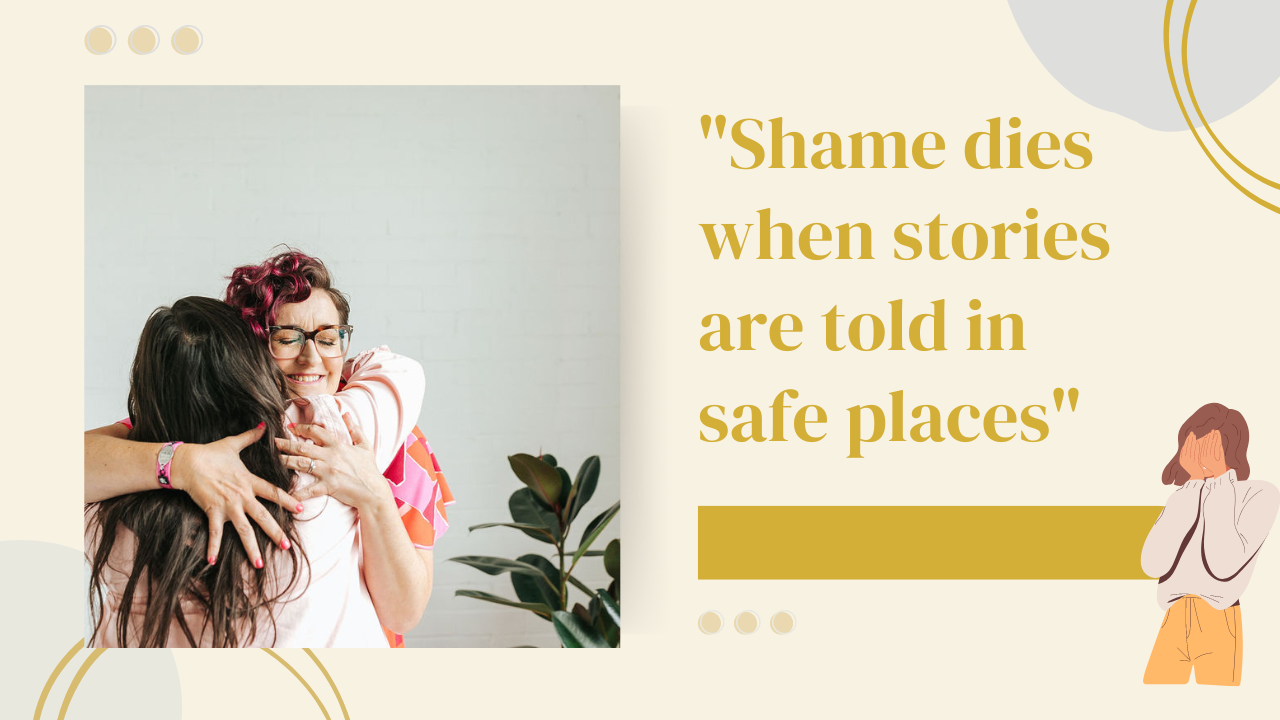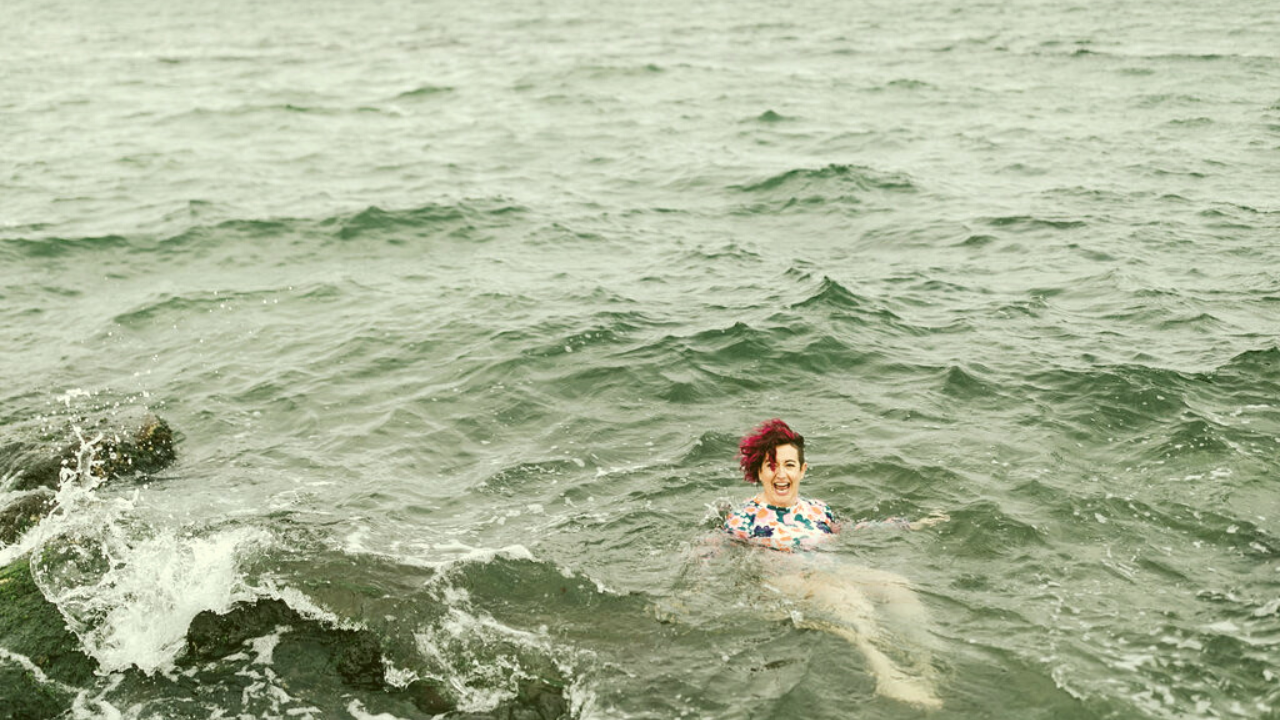"Shame dies when stories are told in safe places"

Clearing away the empties after a big night, I’ve sometimes considered scribbling out the ABV % and instead pencilling in the measure of my shame, on a scale of 1 to 10.
Let’s just say, a ‘1’ was never in the running.
A whole bottle of wine + five gins = one deeply private overshare, gallons of tears and at least 24 hours of deepest depression.
Little mental calculations flying everywhere. Like ‘yes it was bad, but next time I’ll drink more water’, or ‘if I’d stopped at the wine everything would have been fine…’
Fundamentally though, those sums are all underpinned by the belief that giving up alcohol would be a socially or personally unsurvivable loss.
Remarkable, isn’t it?
Alcohol is actually thought to affect around 50 different neural mechanisms, most significantly:
- by increasing the uptake of a neurotransmitter called GABA, it reduces stress … by acting basically like a sedative – Valium in a bottle.
- By flooding our reward circuits with dopamine, making us feel grea...
Is fear of failure holding you back?

Deciding to ditch alcohol can feel like a HUGE statement.
‘Oh God, everyone will think I’m a raging alcoholic’, or maybe ‘if I say I don’t drink, but then I start again, I’ll have failed’.
Those thoughts can be crippling.
But sometimes we set our goals too specifically, and in doing so we talk ourselves out of them before we’ve even got off the starting blocks.
What if the goal wasn’t to ditch the booze, but to find better ways to self-care, to self-soothe, to show yourself a whole heap of self-love?
Because, ultimately, it’s kinda the same thing.
Changing your relationship with alcohol doesn’t mean you have to tip everything down the sink in a blaze of ‘new me’ defiance (although you can if you want). It can just mean thinking, observing, nurturing, and then plotting a new path as all that understanding unfolds.
Big old lines in the sand can give us a tremendous kick when they work, but if they’re stopping progress then… what’s the point? Those small steps we take ultimately...

